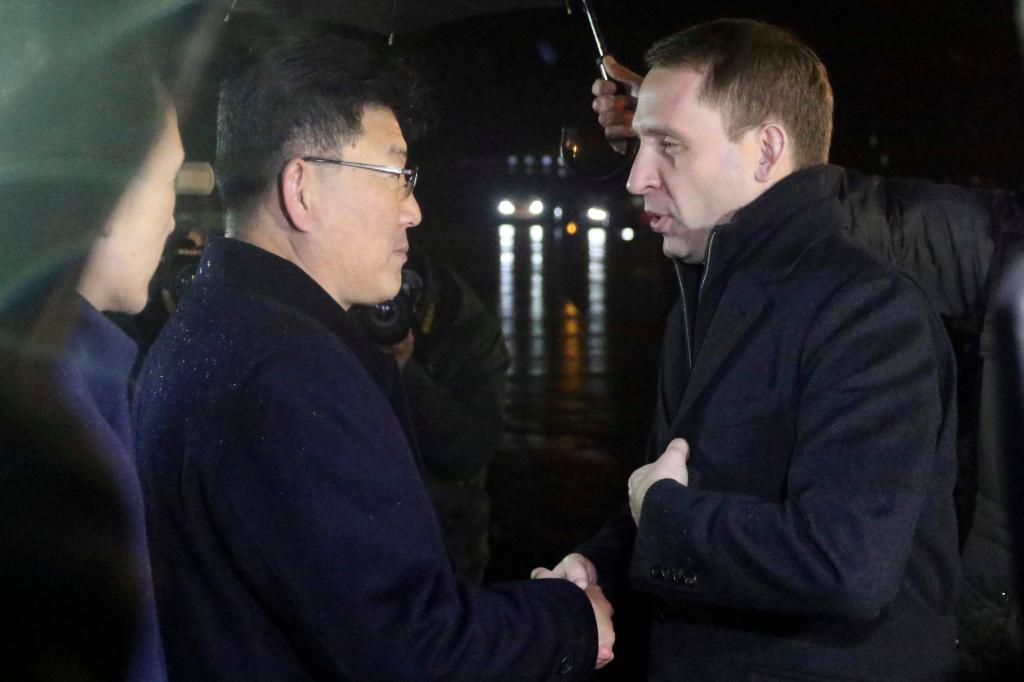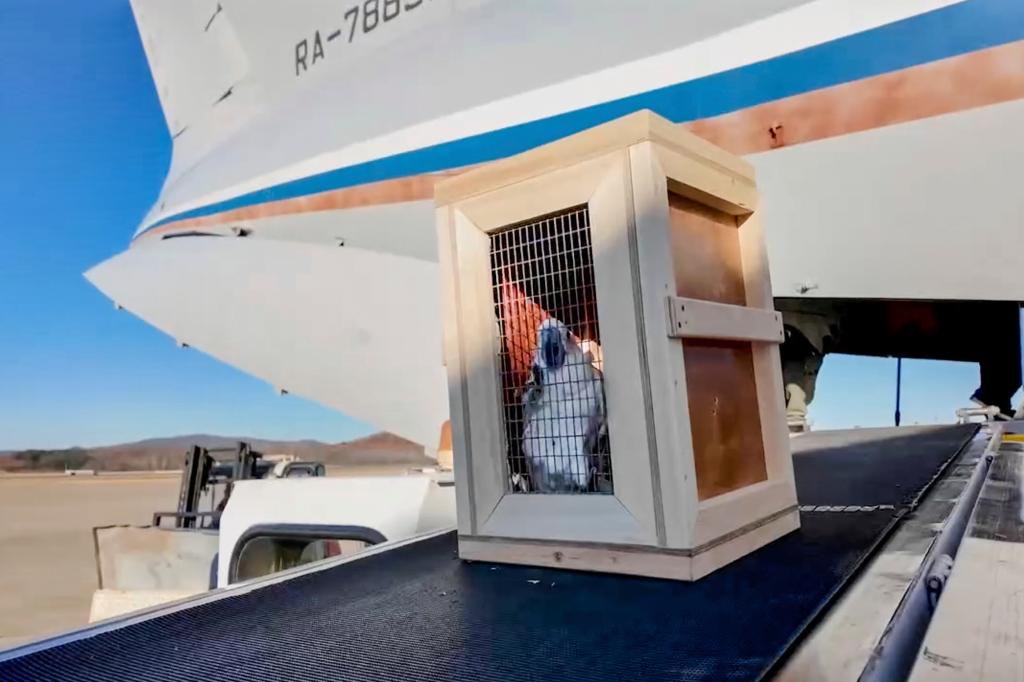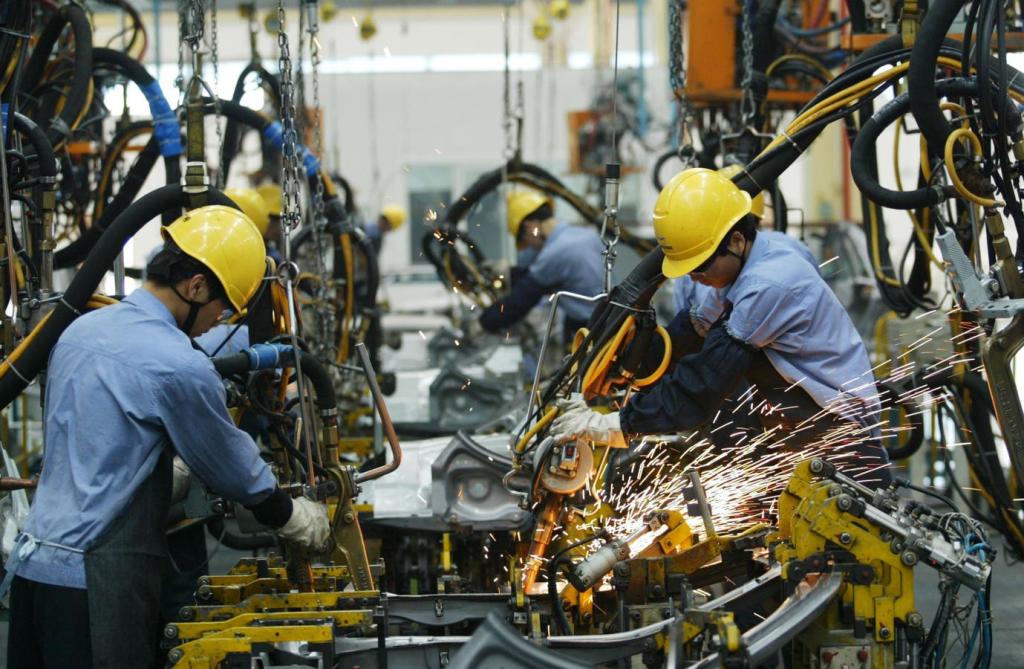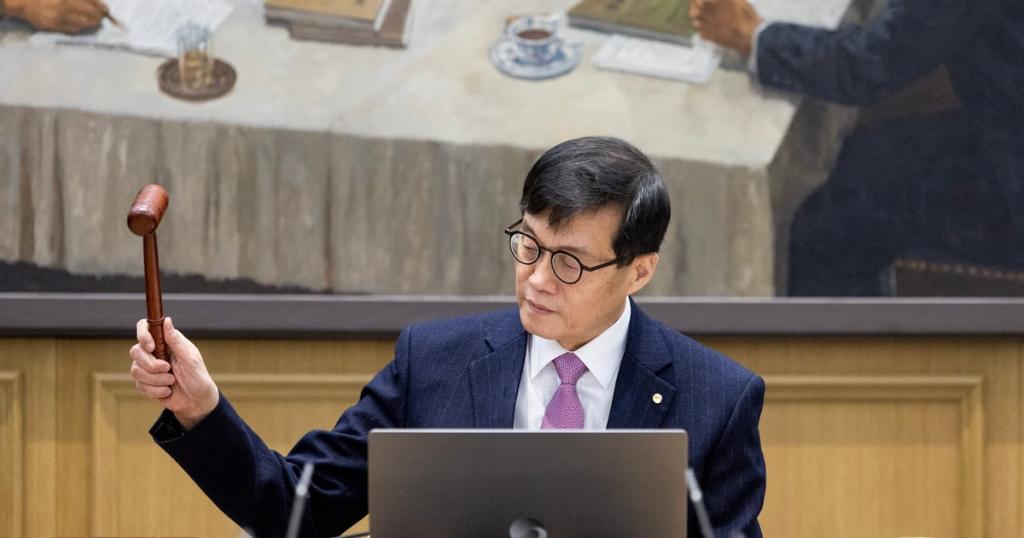North Korea and Russia Boost Economic Cooperation and Ties
Discover how North Korea and Russia are enhancing economic cooperation, boosting tourism, and deepening military ties amid global challenges.

Key Points
- North Korea
and Russia have signed new agreements to expand economic cooperation, focusing on tourism and military collaboration.
- The partnership aims to diversify ties with discussions on agriculture, education, and cultural exchanges to deepen mutual understanding.
- This strengthening alliance challenges Western influence and reflects a calculated move for stability amid international tensions.
The landscape of international relations is constantly evolving, and recent developments between North Korea and Russia are a testament to that dynamic change. After a series of high-level talks held in
, North Korea and Russia have solidified their efforts to enhance economic cooperation, reflecting a growing alignment in response to their complex challenges from Western powers. This blog post explores their recent agreements, the implications for each country, and what this means for broader geopolitical dynamics.
In a notable move, North Korea's official state media reported the signing of a new agreement aimed at expanding economic ties during the 11th meeting of the Trade, Economic, and Scientific Cooperation Committee. This meeting, highlighted by the attendance of key figures including North Korea's Foreign Economic Minister Yoon Jong-ho and Russia's Minister of Natural Resources and Ecology, Alexandr Kozlov, signals a significant strengthening of relations. Details surrounding the agreement remain scarce, but preliminary discussions indicate that charter flights are set to increase, potentially boosting tourism between the nations.

Such developments come in the wake of recent actions taken by the two nations, including military cooperation. South Korea’s National Intelligence Service has reported that North Korea may have dispatched approximately 11,000 soldiers to Russia, with these troops possibly involved in military operations in Ukraine. This is not merely about mutual support; it highlights a broader strategic partnership aimed at defying Western sanctions and military pressures. Analysts suggest that while North Korea might see financial benefits from these military deployments, the underlying goal is to acquire crucial Russian technology to advance its missile and nuclear programs.
In addition to military frameworks, both countries seem eager to diversify their cooperative efforts into agriculture, education, and tourism. During the recent meeting, discussions about various sectors—ranging from scientific research to healthcare—were undertaken. The intention is clear: both nations want to build a comprehensive partnership that transcends traditional economic ties. For example, initiatives are underway to enhance tourism infrastructure in both countries, with plans to develop tourist attractions such as ski resorts in North Korea, making it more appealing for Russian tourists.

Moreover, the cultural exchange is another exciting facet of this growing partnership. There are plans to facilitate sporting events, art exhibitions, and educational projects, such as establishing a Russian language education center at Kim Chul-ju University in Pyongyang. This represents a concerted effort to cultivate a deeper understanding and appreciation between the two nations.
A Geopolitical Perspective
From a broader geopolitical standpoint, the cooperation between North Korea and Russia may also pose a challenge to Western interests in the region. Both countries are currently under significant global scrutiny—North Korea, due to its nuclear ambitions, and Russia, due to its actions regarding Ukraine. Their alliance may act as a buffer against international sanctions and could lead to further complications in diplomatic negotiations involving the West.
As North Korea finds itself increasingly isolated on the world stage, it appears to be leveraging its relationship with Russia as a means of counterbalancing Western influence. The recent agreements point toward a calculated move to secure economic stability and technological advancements that have previously been beyond reach due to sanctions. This strategic partnership reflects a broader trend where nations seek alliances that can provide mutual benefits in the face of global challenges.
In conclusion, the strengthening economic ties between North Korea and Russia denotes a significant shift in global alliances and a potential challenge for Western powers. By focusing on multifaceted cooperation—including military, economic, and cultural exchanges—both nations are positioning themselves against external pressures while seeking growth and stability. As these two nations continue to deepen their relationship, the world watches closely to gauge the impacts on regional security and international relations.


